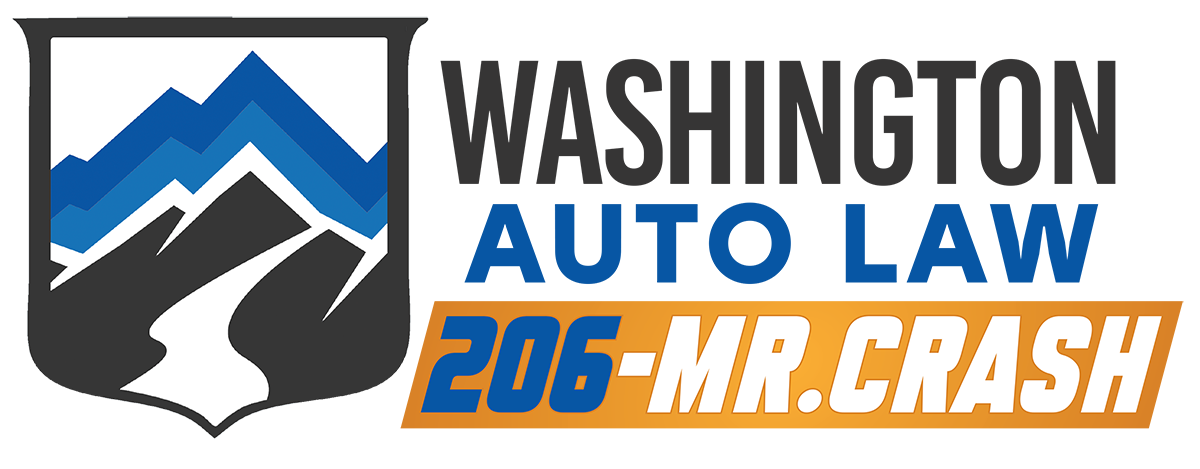
Table of Contents
- Understanding Lowball Settlement Offers
- The Risks of Accepting a Lowball Offer
- Steps to Take When Offered a Lowball Settlement
- The Importance of Legal Representation
- Understanding Washington State Laws and Statistics
- Conclusion
Navigating the aftermath of a car accident can be overwhelming, especially when dealing with insurance companies that may not have your best interests at heart. One common tactic they employ is offering settlements that are significantly lower than what you may be entitled to—known as lowball settlement offers. Understanding how to recognize and respond to these offers is crucial for protecting your rights and securing fair compensation.
Understanding Lowball Settlement Offers
A lowball settlement offer is a proposal from an insurance company that falls substantially short of covering the damages and losses incurred from an accident. Insurers may present these offers shortly after the incident, aiming to settle claims quickly and economically. Their goal is often to minimize payouts, sometimes before the full extent of injuries and damages becomes apparent.
Key characteristics of lowball offers include:
- Premature Timing: Offers made soon after the accident, often before you’ve had a chance to fully assess medical conditions or property damage.
- Inadequate Compensation: Amounts that barely cover immediate expenses, neglecting long-term costs like ongoing medical treatment or lost wages.
- Pressure Tactics: Encouraging quick acceptance by suggesting that the offer is only available for a limited time or that it’s the best you can hope to receive.
It’s essential to approach such offers with caution and not succumb to pressure, as accepting them can prevent you from pursuing additional compensation later.
The Risks of Accepting a Lowball Offer
Accepting a settlement offer without thorough evaluation can lead to several adverse consequences:
- Uncovered Expenses: The settlement may not account for future medical bills, rehabilitation costs, or lost earning potential, leaving you financially vulnerable.
- Waiving Legal Rights: Most settlements require you to sign a release form, forfeiting your right to pursue further claims related to the accident.
- Underestimation of Damages: Without a comprehensive assessment, you might underestimate the total impact of the accident on your life and livelihood.
Given these risks, it’s advisable to consult with a personal injury attorney before agreeing to any settlement.
Steps to Take When Offered a Lowball Settlement
If you suspect that an insurance company’s offer is inadequate, consider the following steps:
- Do Not Accept Immediately: Politely decline to accept or reject the offer on the spot. Express your need to review it thoroughly.
- Document All Communications: Keep detailed records of all interactions with the insurance company, including dates, times, and summaries of conversations.
- Gather Comprehensive Evidence: Collect all relevant documentation, such as medical records, repair estimates, proof of lost wages, and any other evidence that supports the extent of your damages.
- Consult with a Personal Injury Attorney: Seek legal advice to evaluate the fairness of the offer and to understand your options for negotiation or litigation.
Taking these steps can strengthen your position and help ensure that you receive a settlement that truly reflects your losses.
The Importance of Legal Representation
Navigating the claims process can be complex, and insurance companies have teams of adjusters and lawyers working to protect their interests. Having an experienced personal injury attorney on your side can level the playing field.
Benefits of legal representation include:
- Expert Negotiation: Attorneys skilled in personal injury law can negotiate effectively with insurance companies to seek fair compensation.
- Accurate Valuation of Claims: Legal professionals can assess the true value of your claim, considering both current and future expenses.
- Litigation Support: If negotiations fail, an attorney can represent you in court to pursue the compensation you deserve.
Engaging an attorney can significantly enhance your chances of receiving a just settlement.
Understanding Washington State Laws and Statistics
Being informed about local laws and statistics can provide valuable context for your claim:
- Statute of Limitations: In Washington State, you have three years from the date of the accident to file a personal injury claim. Failing to do so within this period can bar you from seeking compensation.
- Comparative Fault Rule: Washington follows a comparative negligence system, meaning that if you’re found partially at fault for the accident, your compensation may be reduced by your percentage of fault.
- Accident Statistics: According to the Washington State Department of Transportation, there were 78,116 auto accidents reported in 2023, resulting in 810 fatalities and 3,413 serious injuries.
Understanding these factors can help you navigate the claims process more effectively.
Conclusion
Dealing with insurance companies after an auto accident can be daunting, especially when faced with lowball settlement offers. It’s crucial to remain vigilant, understand your rights, and seek professional guidance to ensure you receive fair compensation. At Washington Auto Law, our experienced attorneys specialize in negotiating with insurance companies and have a proven track record of securing favorable settlements for our clients. We operate on a contingency fee basis, meaning you pay no attorney fees unless we win your case.
Take the first step towards protecting your rights—contact us today to schedule a free consultation. Call us at 206-497-HELP (4357) or schedule a free consultation online through our website to learn more about how we can assist you.


